Summer is nearing its end and fall is quickly swooping in… Which means children are excitedly (and/or nervously) preparing for their first day! For many, this is also their first time getting to go to elementary school. Getting your child ready for entering Kindergarten is an exciting but daunting task!
So, how do you set your child up for success and help them be ready for their first day of Kindergarten?
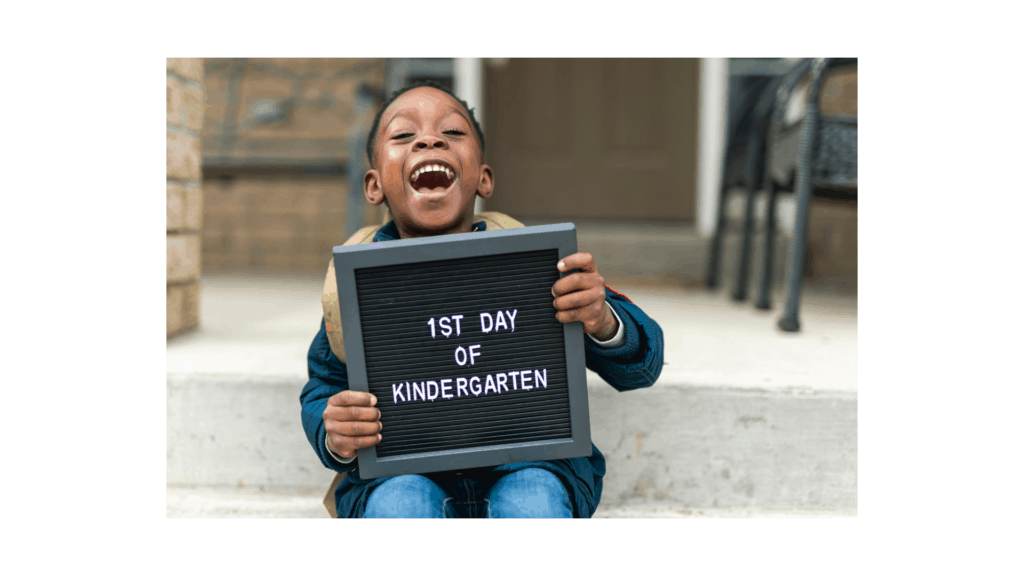
There are essential skills that your little academic will need to succeed, which we will talk about below, but there are also lots of things you as a parent can do to ensure they start the year off with confidence – Allowing them to totally thrive and feel ready for Kindergarten!
First, let’s talk a bit about what being ready for Kinder even looks like. At the end of this post I’ve also included a checklist with ways to support their learning at home.
Also, I want to make something super clear – Each child’s development trajectory is unique. So, a child’s readiness will look different for each individual. You know your child best, and so you know the skills they need to work on to navigate Kindergarten. Below is just a guide and suggestions! If your little one has exceptionalities, you’ll want to chat with the special education team and the child’s Dr. to make sure they’re ready for Kindergarten registration.
What does Kindergarten readiness mean?
No matter where your little one’s school-journey takes them, this is definitely one of the most exciting milestones they will experience! While academic success is important, I’m here today to tell you that it isn’t everything.
Yes, knowing how to count and identify letters is awesome, but academic skills are just one piece in a way larger puzzle. There’s more to life than just memorization, after all! For your child to become a lifelong learner, they are going to have both enjoy education and be inspired by what they learn. And you as a caregiver or parent have a huge role in encouraging this!
Your children are entering a great big new world of social and emotional learning, physical development, and intellectual development. They’re also going to be at their school for the majority of their day, so it’s important they’re confident going into this transition! Focus on boosting their self-esteem, encourage independence, and remember to help the whole child develop (not just their academic brain).
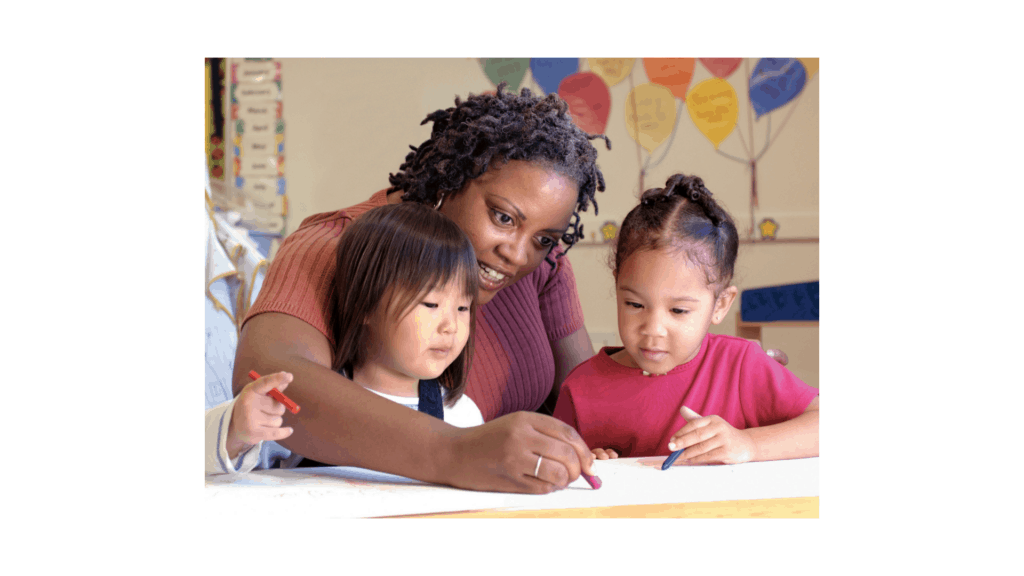
Pre-kindergarten learning
If you have the ability to, I would highly suggest entering your child into Preschool, Playschool, Natureschool, or any of the other variations your community may have before starting Kindergarten. It is here that they will learn tons of the skills used in Kindergarten like:
- Having a routine
- Listening to instruction
- Social/Emotional development – Playing well with others, sharing, and respectful behaviours
- Introduction to letters, numbers, and many other academic skills
- Physical activity
Having experience going to school will do wonders to ease the first-day nerves that so many children experience. I mean, let’s be honest, school can be intimidating! I’m a full-grown adult and am experiencing these nerves myself as I head back to university next week, after all!
That’s why a year or two of early-learning program will make a world of difference, making a big difference in how ready they feel for their first day of school.
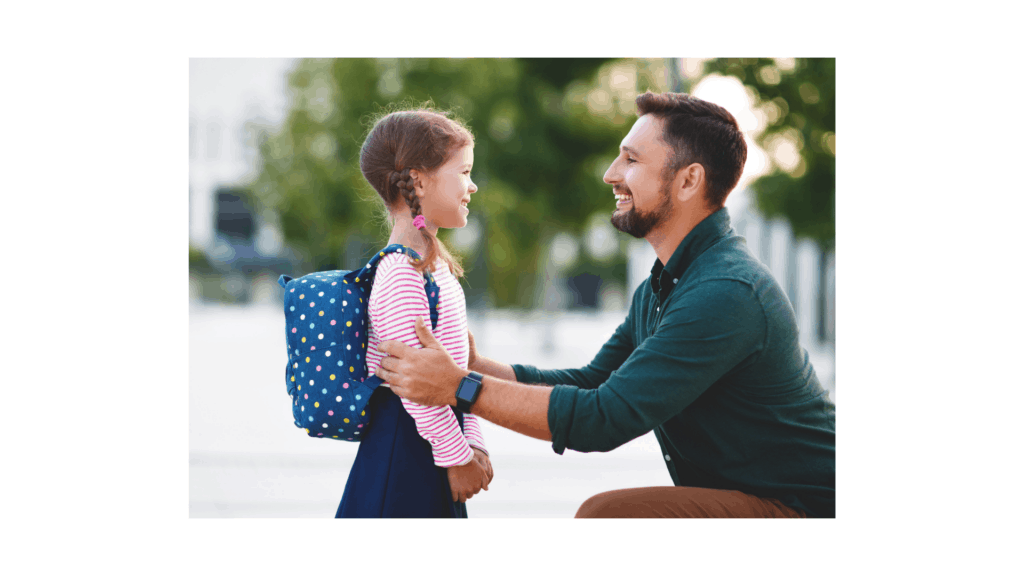
Emotional/social development
Social and emotional learning is huge for your child. They will need these skills to successfully navigate their day in tons of different ways! Here are some key examples of things that they will need to be comfortable doing at this stage:
- Separation: Drop-offs are tough, but are a part of their new everyday routine. Children have to learn how to transition from physical place to place and away from caregivers with as little stress as possible
- Personal Space: They have to understand personal space and how to politely express when others are infringing in their own space
- Empathy: Kindergarteners need to not only understand themselves, but how to respect those around them. They will be learning alongside a group of other unique children with unique needs, and have to understand how to accept this and display empathy towards others
- Responsibility: Once activities are finished, cleanup has to be done! Your child should be able to tidy their own area and put whatever they’ve used away
- Self-Expression: Kinder brings up all of the emotions, and your child must know how to express them in a healthy way. This means no kicking or biting when they’re mad or upset
- Self-Confidence: Being proud of themselves is super important, as is knowing how to fail graciously. Teaching your children that they can overcome hurdles will set them up with the resilience need to feel like they can accomplish any school-related tasks
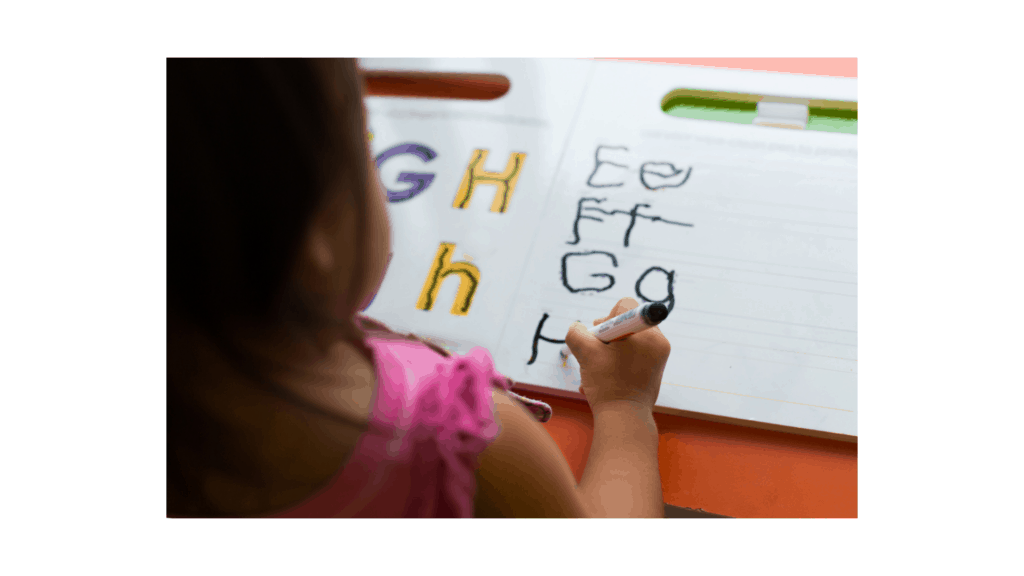
Physical development/well-being
- Self-Care: School-aged children should know how to go to the washroom by themselves and wash their hands when necessary. With 20 other children needing instruction too, teachers simply can’t leave the rest of the class to help with wiping!
- Fine-Motor Skills: Your child will need to know how to use basic school supplies like writing utensils, glue sticks, scissors, etc. They should also know how to manipulate clothing materials like zippers, buttons, and velcro so that they can get dressed all by themselves
Intellectual development
I put this after social, emotional, and physical development for a reason. Like I said – Yes, academics are important, but they’re not the be-all-end-all of learning. Memorization is important to some degree, though, like for these skills:
- Personal Info: Your child needs to know their first and last name. It’s also good if they know yours, too
- Basic Counting: 1-10 should be fine, but the higher the better!
- Letter/Number Recognition: Some, at least, if not all
- Comprehending Instruction: There are some key-words that are pretty important for following instruction, like direction words (up, down, backward, forward)
- Focus: Kindergarten demands prolonged attention! This means your child will need to be able to patiently sit and listen during instruction. They will also need to focus on tasks for longer than they otherwise do, and will need to follow through tasks to their completion
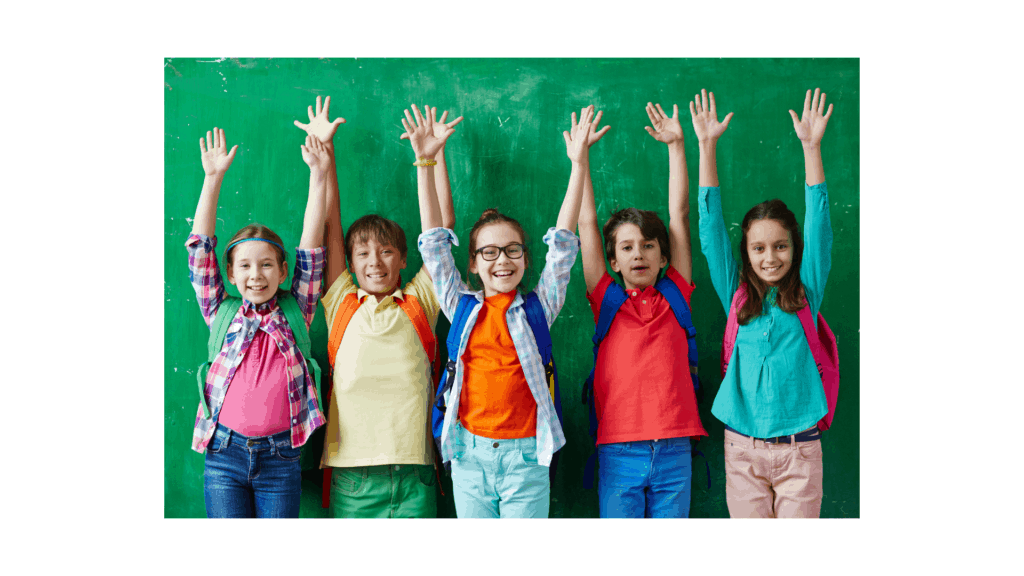
Kindergarten readiness checklist
Learning never ends, so please, do not feel that this is in any way concrete. Your child’s teacher is well equipped with the skills and tools needed to ensure their success, no matter if they can or cannot do everything on the list! This is simply meant to be a guide for at-home support while you get ready for Kinder.
So, as you begin preparing them for Kindergarten, ask yourself the question: Can my child…..?
1. Follow directions
More specifically, multi-step instructions.
Think back to elementary school. Your day was filled with these! For example, after recess they will hear “Take off your shoes/jackets and get out your lunchkits.”
To support this at home: Do the same with your little! Give them 2-3 consecutive instructions to help build their memory.
2. Understand authority
Unfortunately, we can’t all have our way all of the time! They will have to listen to lots of adults – Their Kindergarten teacher, other teachers, and the admin team.
To support this at home: Work with your child to practice following rules and respecting adults when they give instructions.
3. Ask for help
In school, your child will need to feel comfortable asking for help from lots of different people. Whether teachers, administration, or their peers, its essential they know when and how to do this.
- In the classroom, there will be times that the teacher isn’t available for 1-on-1. Your child will have to know how to work with peers until the teacher can help
- They also need to know how to ask if they need more clarification! Remind your child that if they need more information, they just have to raise their hand!
- Outside of the classroom, problems are likely to arise at some point in another. Teaching your child who they can ask for help (like a recess volunteer) is essential
To support this at home: Encourage your little ones to talk to others outside of your family, when appropriate. Talking to adults shouldn’t feel intimidating!
4. Sharing
Whether it’s toys, supplies, or equipment, sharing is essential (when appropriate!)
Your child needs to know what should be shared and what shouldn’t (like their personal belongings, for example). They also need to know how to take turns!
Asking before taking is crucial! Because asking “Please may I use that toy?” and promptly taking it from another child without waiting permission just doesn’t make sense…
To support this at home: Vocalize the process. I’m constantly reminding children to use their Please/Thankyou’s, to ask before taking, and to be mindful of whether or not someone else is waiting to use what they have.
5. Self-regulation
Kindergarten brings up lots of emotions! No matter the which circumstance arises, your child will have to be aware of their feelings and learn how to deal with them in a healthy way. They will be using their social skills way more in a school setting than at home.
Understanding their own emotions is huge, and knowing when to ask for help is big too. Work with your child to practice self-control in all kids of scenarios and how to politely express their needs to an adult if their own tools don’t work.
To support this at home: Identify a consistent way for them to self regulate. Usually stopping, taking a deep breath, and recollecting themselves is all they need! Once they’re calm, they can express their feelings in a better way
Bonus skills!
Nobody is going to be checking these skills in the classroom. Knowing these skills by the time they start Kindergarten will set them up even better for success, though. And, they will be able to more independently function in the classroom!
- Reading, writing, and recognizing their name (first and last is best!)
- Knowing (or knowing where to find) your information like your name and phone number
- Putting on their shoes, coats, and winter gear independently
- Knowing how to use basic school supplies: Pencils, scissors, and glue
- Going to the bathroom independently (and wiping properly after the fact!)
Conclusion
We hope that this article has helped you feel ready to support your child’s Kindergarten readiness. While their Kindergarten teacher and the other early childhood education teaching team will be equipped with the knowledge and skills to support your child’s learning, getting your child ready for Kindergarten can be super helpful.
Having basic skills in social-emotional, physical education and well-being, and intellectual development will be essential tools to help them learn and enjoy their first school year. Starting school is exciting, but it can be scary! So, focus on encouraging a love of learning, fostering independence, and boosting their confidence before they start school. Learning things like how to write complete sentences, to read books, and all of the other great things a child learns in school will come with time. Let the Kindie teachers focus on the Kindergarten standards while you help get your child ready for Kindergarten by emphasizing social-emotional skills and school readiness for following routine (and being okay with being away from home all day!).

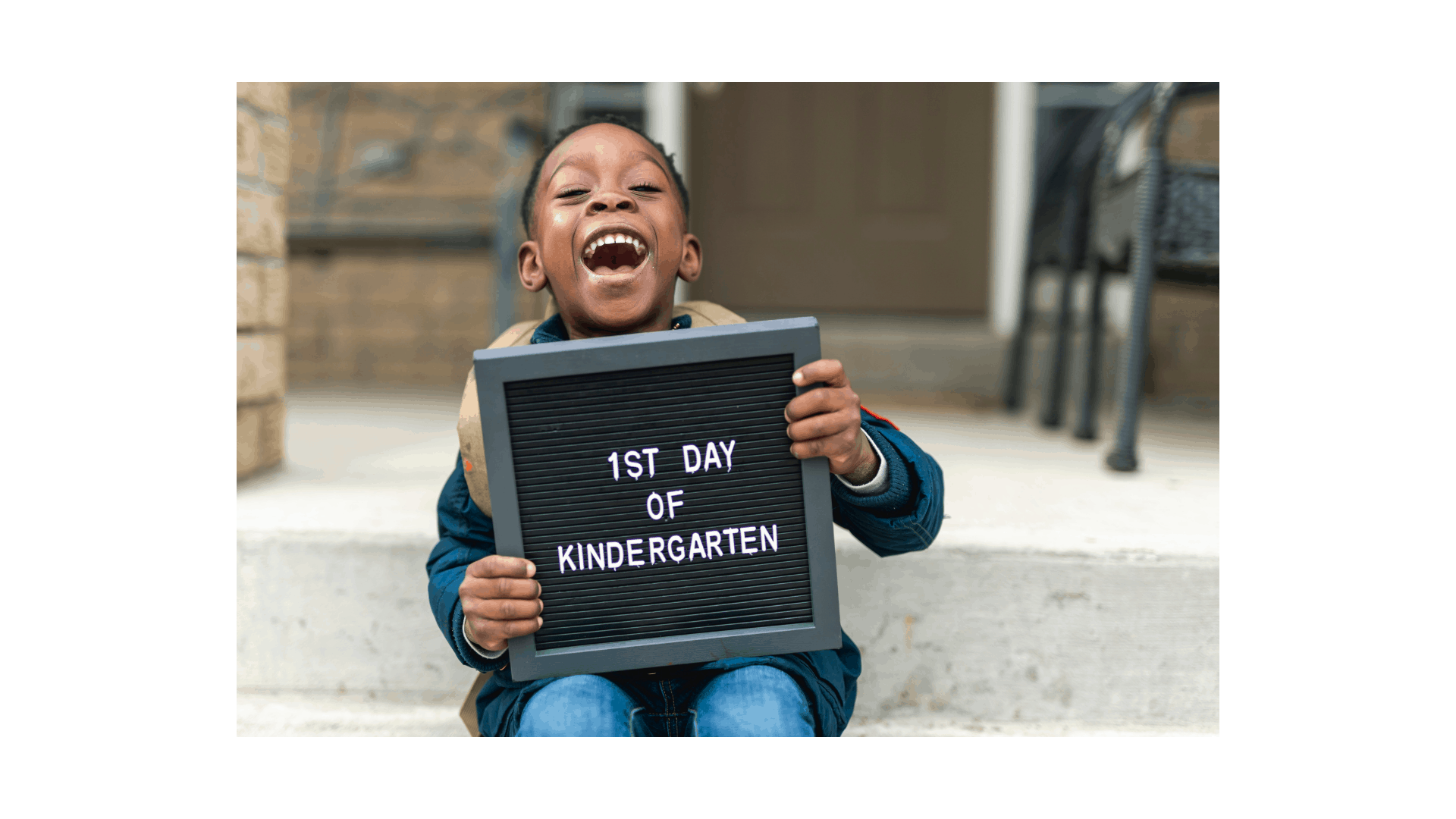
Leave a Reply